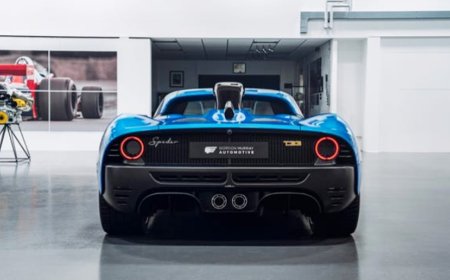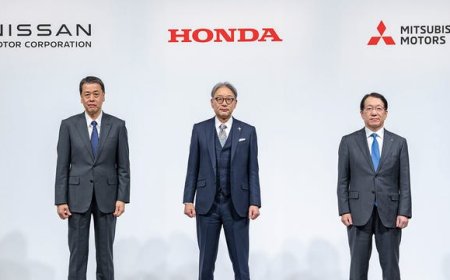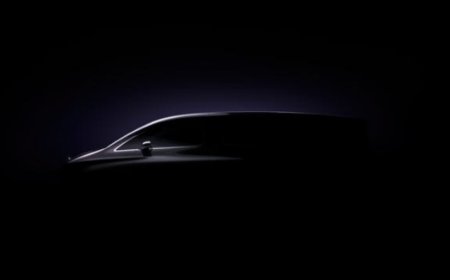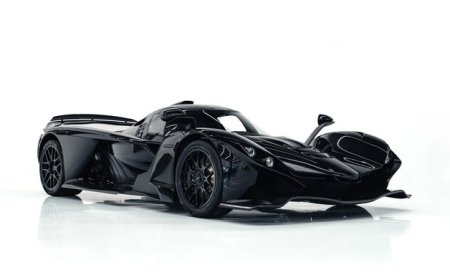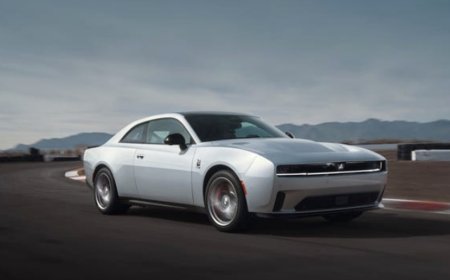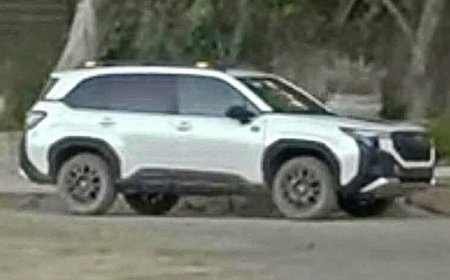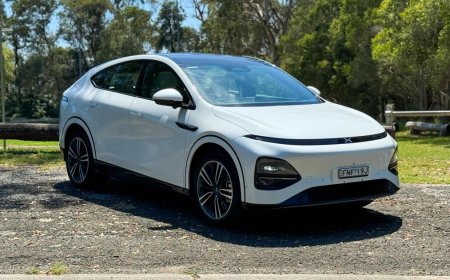EVs still don't do well in winter. What's the solution?
The liquid part of lithium-ion batteries hits EV charging and range hard in the colder months. The good news is that companies are working on fixing that.
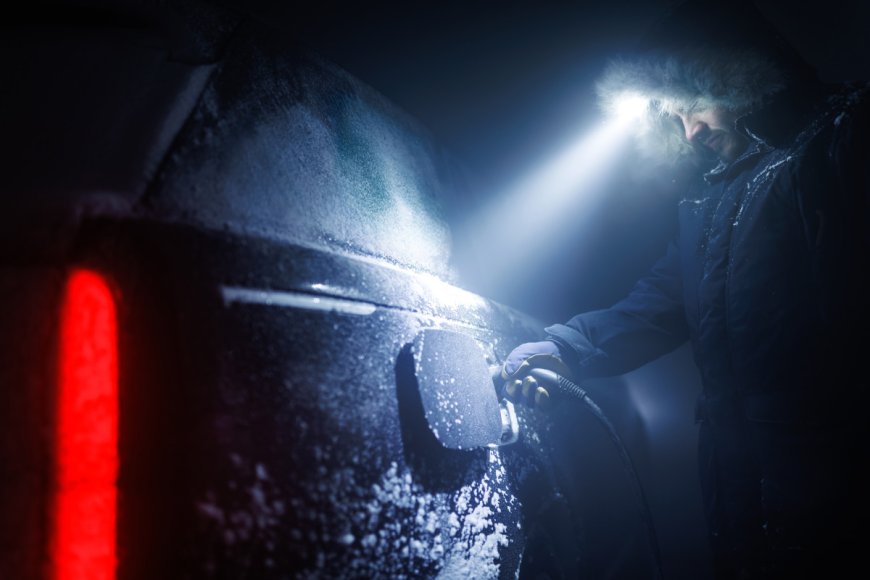
It has become relatively common knowledge that EVs don't fare as well in the cold as gas-powered cars do. The good news is that may no longer be a worry in the near future while the bad news is that we're still quite a ways away from batteries being fully immune to Mother Nature's colder side.
Related: Aston Martin drops a supercar for the rest of us - kind of
Current lithium-ion EV batteries rely on moving liquid
Much like any liquid freezes or becomes slower to flow in the cold, so do the liquids inside EV batteries. The way lithium-ion batteries work in cars is that charge-carrying lithium ions travel through a liquid electrolyte from the positive side to the negative side. When the battery gets cold, that liquid electrolyte part gets "thicker" and slows the movement of the ions from one side of the battery to the other.
This not only leads to slower charging times but it also means that the car's range drops significantly as the ions can't complete their journey fast enough to carry their charge through the battery.
That drop in range is further exacerbated by the car's thermal management system which uses its own electricity to warm the battery up for proper use. Throw the defroster, seat warmers, and steering wheel warmers on as well, and you're likely to look at a first-generation Nissan Leaf kind of range.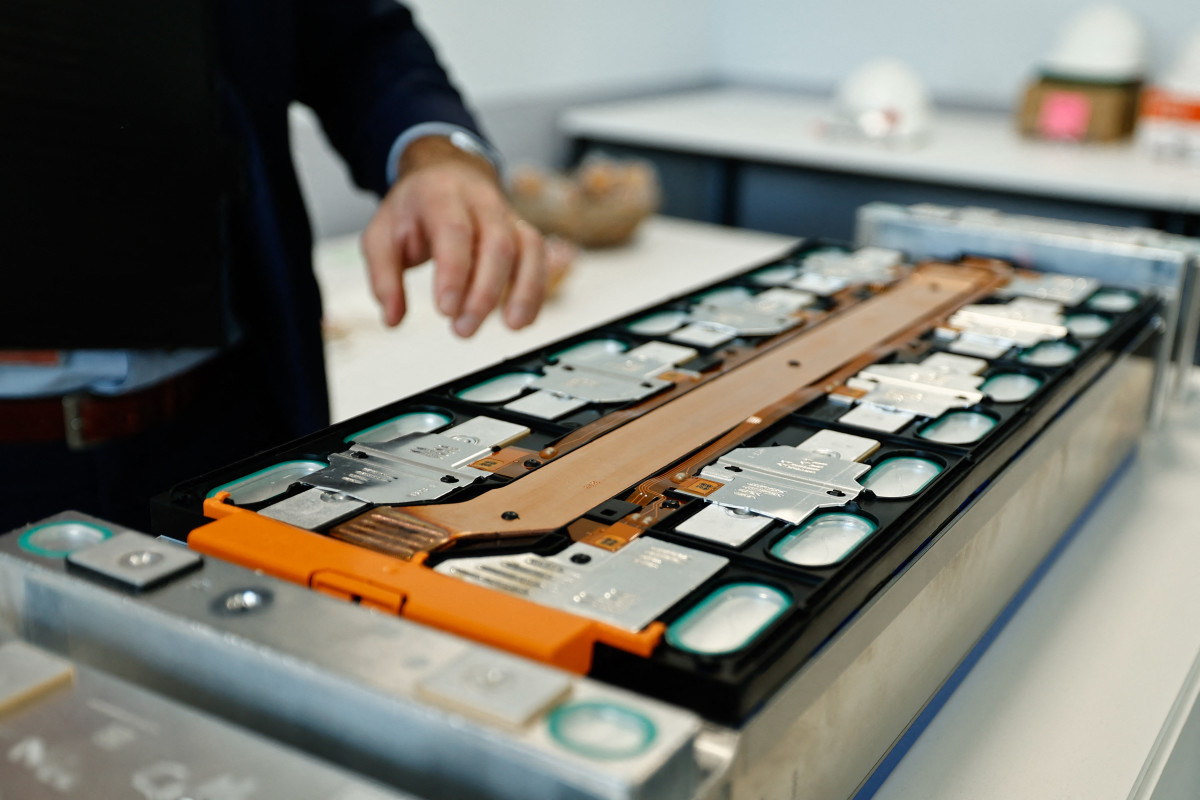
Solid-state EV batteries could be the much-needed solution
So what's the solution? The new battery technology that a lot of brands and manufacturers have been experimenting with is solid-state batteries. As the name suggests, these batteries use solid electrolytes instead of the liquid ones that ions move through. These batteries are also denser, safer, last longer, and hold more charge therefore increasing future EV range.
Solid-state batteries are thus more impervious to cold temperatures and the aforementioned issues of slower charging and faster discharging. That's not to say they're immune though, as the solid electrolytes can get brittle in the cold and compromise the battery's reliability. Mercedes-Benz
Related: What's up with Alfa Romeo?
New solid-state battery technology may currently be impractical, but manufacturers are pursuing it
Why aren't we using these solid-state batteries if they're so much better than lithium-ion then? They're not cheap or easy to produce en masse, and with EVs already being more expensive than gas cars, the added price would not be beneficial to anyone.
All of that hasn't stopped some brands from going full steam ahead of solid-state EV batteries though. Mercedes, Hyundai, and Stellantis have all invested in the US-based Factorial which is at the cutting edge of that technology. A demo fleet of Charger Daytona EVs with Factorial's solid-state batteries is even expected to hit roads sometime in 2026.
The company is reportedly working on a battery that would extend EV range by up to 80% to over 600 miles, reduce their weight by 40%, and their size by 33%.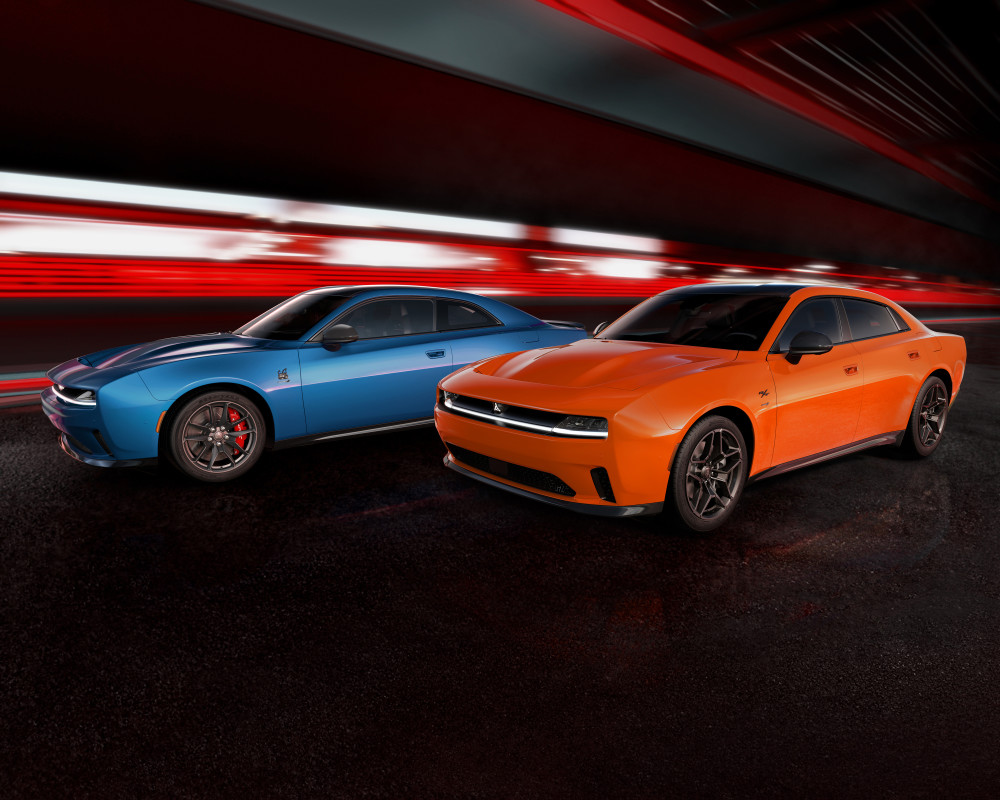
Final thoughts
A lot of the current issues plaguing EVs are a matter of technological developments. Rushing their transition may reveal that our motoring world is not yet ready for them to take over, but it also pushes manufacturers to discover groundbreaking new solutions that may trickle down to other items that depend on batteries.
It's a double-edged sword and I personally think these developments should happen prior to forcing the extinction of gas-powered vehicles. Not only that, but people don't like being told what they should drive, which is leading to lower EV adoption worldwide. Lower adoption leads to manufacturers shrinking EV development budgets which could lead to less technological innovation.
Progress is good and governments should do their best not to stifle it while keeping the public happy.
Related: Tesla’s NACS to become official US EV charging standard
